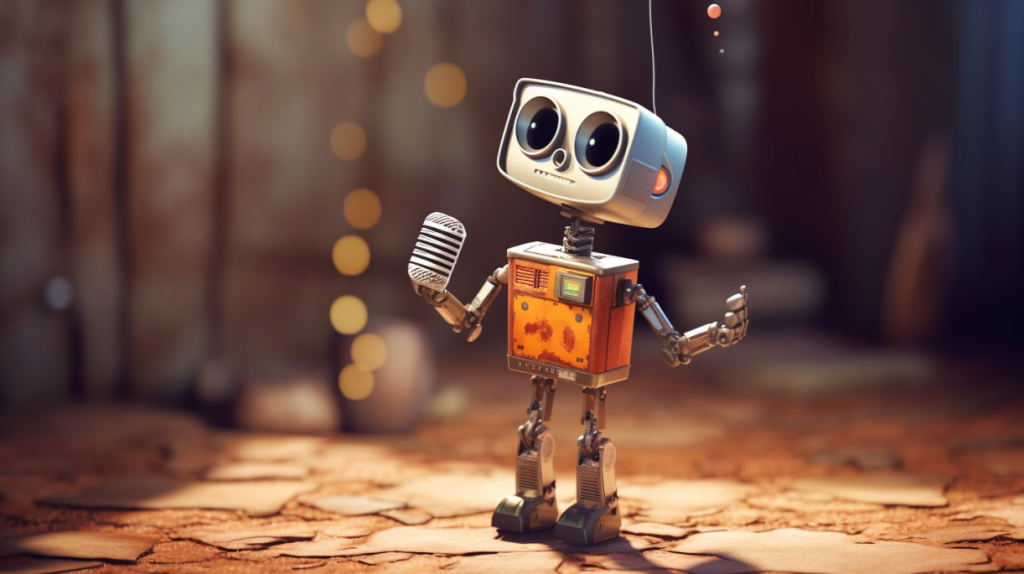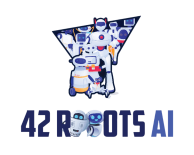Top 9 Best AI Music Generators
AI provides amateur musicians with innovative ways to improve their creative processes and serves as a supplemental tool rather than a replacement for human artists.
These tools offer various features and advantages, such as ease of use, customization, access to pre-recorded samples, and the ability to generate music in different styles and genres.
Many of these tools are also open-source and come with royalty-free music generators, making them accessible and convenient for a wide range of users.
- Amadeus Code
- MuseNet
- Ecrett Music
- Voicemod Text to Song Converter
- AIVA
- Amper Music
- Magenta Studio
- Soundful
- Synthesizer V
How do AI Music Generators (Text to Music AI Models) Work?
AI text-to-music models are generative models that create music based on textual input, such as lyrics, mood descriptions, or musical styles. These models typically use deep learning techniques, such as neural networks, to learn the associations between textual descriptions and musical features. They are trained on large datasets of text-music pairs to learn the patterns and structures that correspond to the input text.
Here is a high-level overview of how text-to-music AI models work:
Tokenization and Embedding:
The input text is first tokenized into words or smaller units, such as subwords or characters. These tokens are then converted into numerical representations, called embeddings, which can be fed into the neural network.
Encoder:
The text embeddings are passed through an encoder, which is typically a type of neural network (such as a Transformer or a recurrent neural network). The encoder processes the input text and generates a high-level, context-aware representation of the text, which captures the essential features and semantics of the input.
Music Representation:
Music can be represented in various formats, such as MIDI, symbolic notation, or raw audio. The choice of representation depends on the model architecture and the specific application. For example, a MIDI representation might be used to generate a melody, while a raw audio representation might be used for music synthesis.

Decoder:
The decoder is another neural network that takes the high-level text representation from the encoder and generates a music sequence. It does this by producing a series of notes, chords, or other musical elements based on the input text. The decoder may use architectures such as recurrent neural networks (RNNs), Transformer networks, or convolutional neural networks (CNNs) to generate the music.
Loss Function and Training:
The generated music sequence is compared to the ground truth music sequence (i.e., the correct music associated with the input text) using a loss function. The loss function quantifies the difference between the generated music and the ground truth music. During training, the model learns to minimize this loss by adjusting its parameters, which helps improve the quality of the generated music.
Sampling and Post-processing:
Once the model is trained, it can generate music for new text inputs. The output music sequence is usually obtained by sampling from the probability distribution of note values produced by the decoder. Some post-processing techniques, such as quantization or tempo adjustment, may also be applied to refine the generated music.
Text-to-music AI models have various applications, including music composition, automatic accompaniment, adaptive soundtracks, and creative exploration. However, it is important to note that the quality of the generated music depends on the quality of the training data and the architecture of the model. Additionally, ethical considerations and potential biases in the generated content should be taken into account when deploying these models in real-world applications.
Is there an AI that generates music?
Yes, there are quite a few and the list is rapidly growing!
Is there an AI that sings for you?
Yes, Lyrebird & VoiceMod are examples of AI singing models.
Is AI-generated music royalty free?
It depends on the service’s terms, but, yeah, I expect most, if not all, AI music generation services allow for royalty free music in some fashion.
What is the AI that sings words?
Yes, Lyrebird & VoiceMod are examples of AI singing models.
Can AI really replace artists?
We, at 42 Robots AI, would suggest that AI will not replace artists because they can still create original and unique music on their own for many to enjoy.
What we think this will do will allow others, who wouldn’t otherwise be able to make music, to use AI music generation tools to make music.
What is the AI that turns text into music?
There are quite a few different AI models that turn text into music.
Just to name a few…Amadeus Code, MuseNet, Ecrett Music, Voicemod Text to Song Converter, AIVA, Amper Music, Magenta Studio, Soundful, Synthesizer V
What AI did David Guetta use?
For his DJ performance, David Guetta utilized ChatGPT and uberduck.ai to generate a deepfake vocal in Eminem’s rap style.

